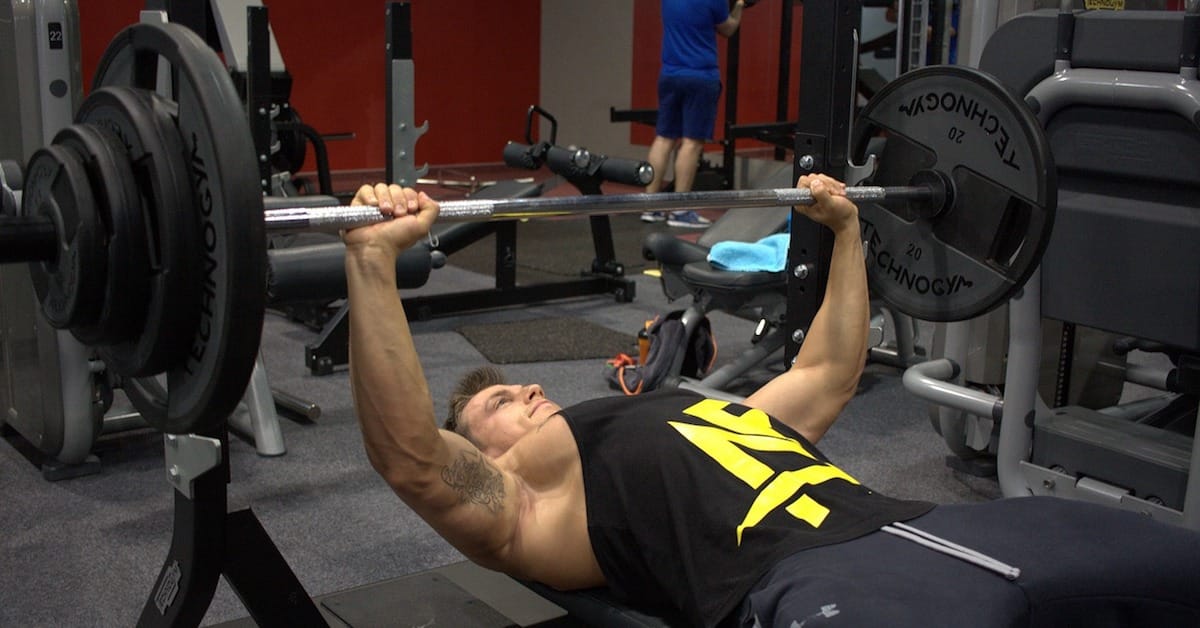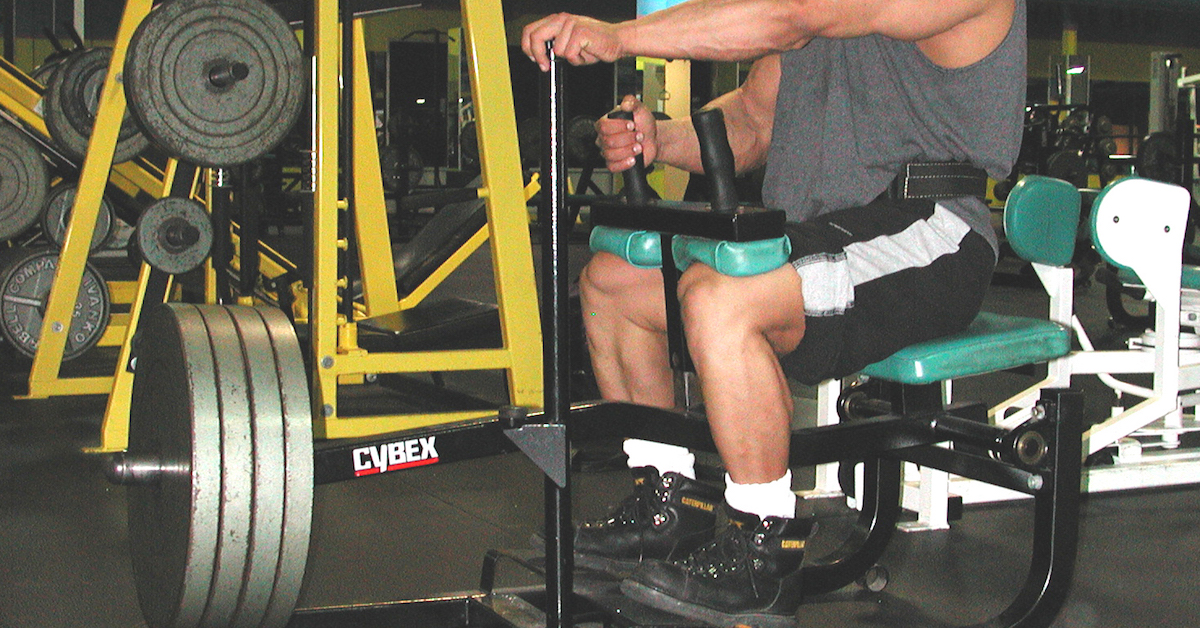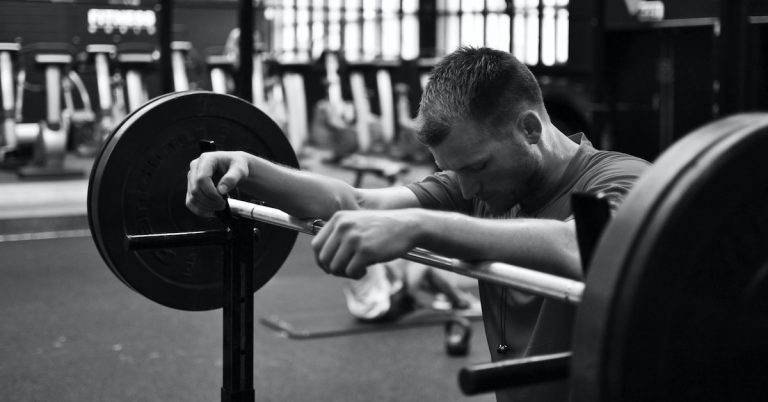Q: After a workout last Wednesday I came home and immediately fell asleep. Upon awakening I found myself unable to breathe. For the next three days I was very ill with quite severe respiratory distress and was pretty much bedridden. Sunday I woke up feeling much better so I decided to do my Saturday workout but I was only able to do two sets. Monday I went for a walk with the dog and rode my bike. Later that day I began to have severe cramping in my legs. My yoga instructor showed up Tuesday and we did quite a bit of work to loosen the tightness in my hips and the IT band of my left leg, but again that night I suffered from severe cramping in my calves and feet. Last night the pain was so severe I was literally screaming in agony. My toes were splaying in different directions and I honestly felt as though I was being possessed!
I’ve been drinking a lot of water with sea salt and taking my magnesium (perhaps I may have a calcium deficiency) so I wasn’t sure what more I could do but I knew I couldn’t manage the pain, spasms and cramping much longer. As I was about to go to bed fearful of being woken up in agony again, my husband came up and told me he had just read an article that said drinking pickle juice immediately stops muscle cramping. The thought of drinking pickle juice did not sit well with me but I was desperate to try anything at that point so I decided to eat two pickles instead. I couldn’t believe it within minutes the cramping ceased and so far has not returned.
Have you ever heard of this? It really works!!!
A: Yes, I’ve heard of using pickles for this purpose, but not pickle juice. From the sounds of it, you’re likely deficient in sodium, not calcium. The reason why you’re cramping after your workouts is due to electrolyte loss through sweat, and in this case it seems like sodium is the culprit. Start eating pickles on a daily basis. One of the best articles I’ve read on this subject is Sodium, Your Secret Weapon by Scot Abel. It’s geared primarily toward athletes and bodybuilders, but it will give you a good understanding of why sodium is important.



